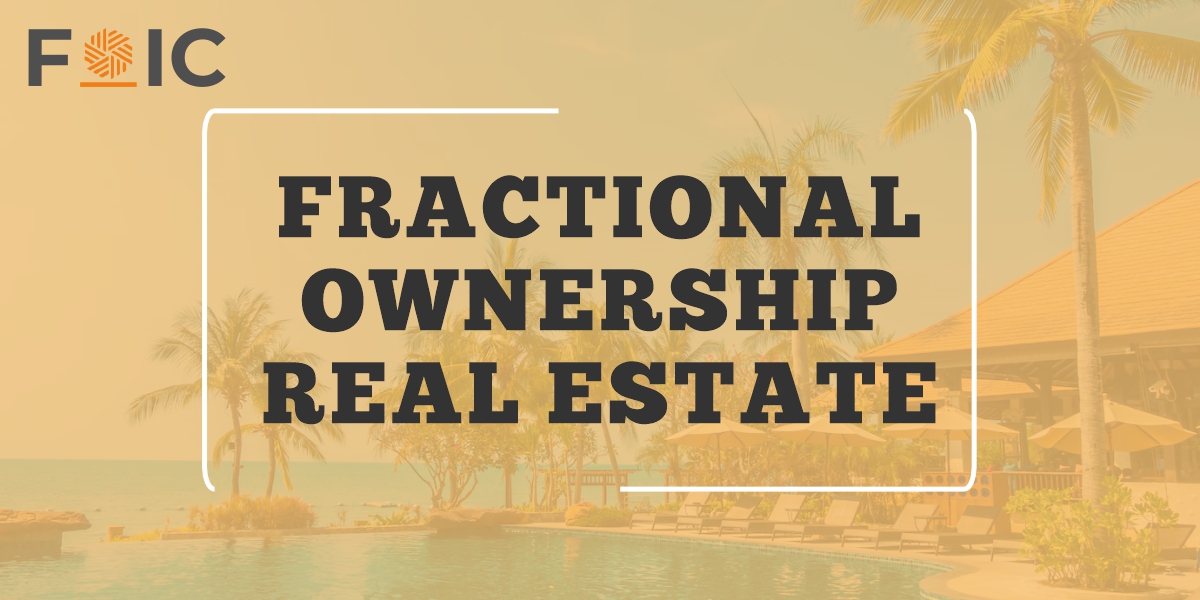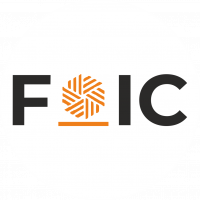Fractional Ownership Real Estate: The Future of Property Investment

What is Fractional Ownership in Real Estate?
Fractional ownership real estate is an increasingly popular property investment model that enables multiple investors to jointly own a high-value asset. Instead of a single buyer purchasing an entire property, a group of investors pool their resources to buy a share, reducing the financial burden and risk. Each owner holds a percentage of the property and enjoys rights proportional to their investment.
This model is especially beneficial for luxury properties, vacation homes, and commercial real estate, where the cost of sole ownership can be prohibitively high. Fractional ownership grants access to premium real estate opportunities that may otherwise be out of reach for individual investors.
Key Benefits of Fractional Real Estate Ownership
1. Affordable Access to High-End Properties
With fractional ownership, investors can participate in lucrative real estate markets by committing only a portion of the total investment. This opens the door to prime real estate locations, such as beachfront villas, urban high-rises, or heritage properties, without the need for a massive capital outlay.
2. Diversification of Investment Portfolio
Fractional ownership offers an opportunity to diversify investment portfolios. Rather than investing all capital in one asset, investors can spread their funds across multiple properties in different locations and types—residential, commercial, vacation homes—thereby reducing market risk.
3. Passive Income Through Rental Yields
Investors in fractional real estate often receive regular rental income based on their ownership percentage. Management companies typically handle the day-to-day operations, including maintenance, tenant acquisition, and rent collection, making it a truly passive income source.
4. Capital Appreciation and Exit Options
Just like full ownership, fractional properties appreciate in value. When the property's market value increases, each investor benefits from capital gains proportionate to their share. Many platforms also provide exit options, enabling investors to sell their shares on a secondary market, making the investment liquid and flexible.
How Does Fractional Ownership Work?
Structure and Legal Framework
Fractional ownership is structured through Special Purpose Vehicles (SPVs) or Real Estate Investment Trusts (REITs). Each investor becomes a shareholder in the SPV, which owns the title deed of the property. Legal frameworks ensure transparency, protection of rights, and ease of exit.
Management and Maintenance
A professional property management firm typically takes care of all operational tasks. These firms handle repairs, insurance, property taxes, tenant management, and regulatory compliance. Investors can enjoy the benefits of ownership without the stress of day-to-day management.
Usage Rights
In vacation or luxury properties, usage rights are allocated based on the size of the ownership share. A scheduling system ensures fair and equitable access to the property for personal use, alongside generating income through rentals during unused periods.
Top Markets for Fractional Ownership
1. Goa, India
Goa has emerged as a hotspot for fractional investment due to its vibrant tourism industry and high rental yields. Luxury beachfront villas and boutique resorts offer exceptional opportunities for investors to tap into the vacation rental market while enjoying personal usage.
Fractional Ownership vs Timeshare
While often confused, fractional ownership and timeshare are fundamentally different. Timeshare offers the right to use a property for a specific period but does not grant ownership. In contrast, fractional owners possess equity, enjoy potential appreciation, and can benefit from rental income.
Feature Fractional Ownership Timeshare
Ownership Yes, equity-based No, usage rights only
Income Potential Rental income + appreciation No rental income
Legal Rights Share in a legal entity Usage contract
Exit Options Secondary market available Limited resale value
Is Fractional Real Estate a Good Investment?
Yes, fractional ownership in real estate is a smart investment strategy for both new and seasoned investors. It combines the benefits of traditional real estate with lower entry costs, flexibility, and passive income. Moreover, it enables participation in high-value assets that FOIC offers better returns and portfolio stability.
With the rise of regulated platforms and increased investor awareness, fractional real estate is becoming mainstream. From tech entrepreneurs to retirees, more people are recognizing its value as a wealth-building and income-generating tool.
How to Start Investing in Fractional Ownership
1. Choose a Reputable Platform
Select a platform that offers transparent processes, legal safeguards, and end-to-end management. Look for a history of successful projects and clear ROI projections.
2. Evaluate the Property
Assess the property’s location, type, market demand, rental potential, and appreciation prospects. Thorough due diligence is crucial to ensuring returns and minimizing risk.
3. Understand the Financials
Examine the total investment required, ownership share, management fees, and projected yields. Understand the legal documentation and any tax implications before committing.
4. Monitor and Exit
Most platforms offer regular reporting and updates. Keep track of your investment's performance, and utilize exit options strategically to optimize returns.
Future Trends in Fractional Real Estate
Tokenization and Blockchain
The future of fractional real estate lies in blockchain technology and tokenization. These advancements enable seamless, transparent, and secure ownership transfers, as well as fractional shares being traded on digital exchanges.
AI-Powered Property Management
AI and big data are transforming property management by offering predictive maintenance, automated tenant interactions, and optimized pricing strategies, thereby increasing rental efficiency and owner satisfaction.
Conclusion:
Fractional real estate ownership is revolutionizing property investment, breaking down financial barriers and democratizing access to premium assets. It delivers a powerful combination of affordability, passive income, flexibility, and capital growth. For those seeking to enter the property market without the burdens of full ownership, fractional investment is the strategic path forward.
FOIC: Leading the Way in Fractional Ownership Real Estate Investments in India
Note: IndiBlogHub features both user-submitted and editorial content. We do not verify third-party contributions. Read our Disclaimer and Privacy Policyfor details.







